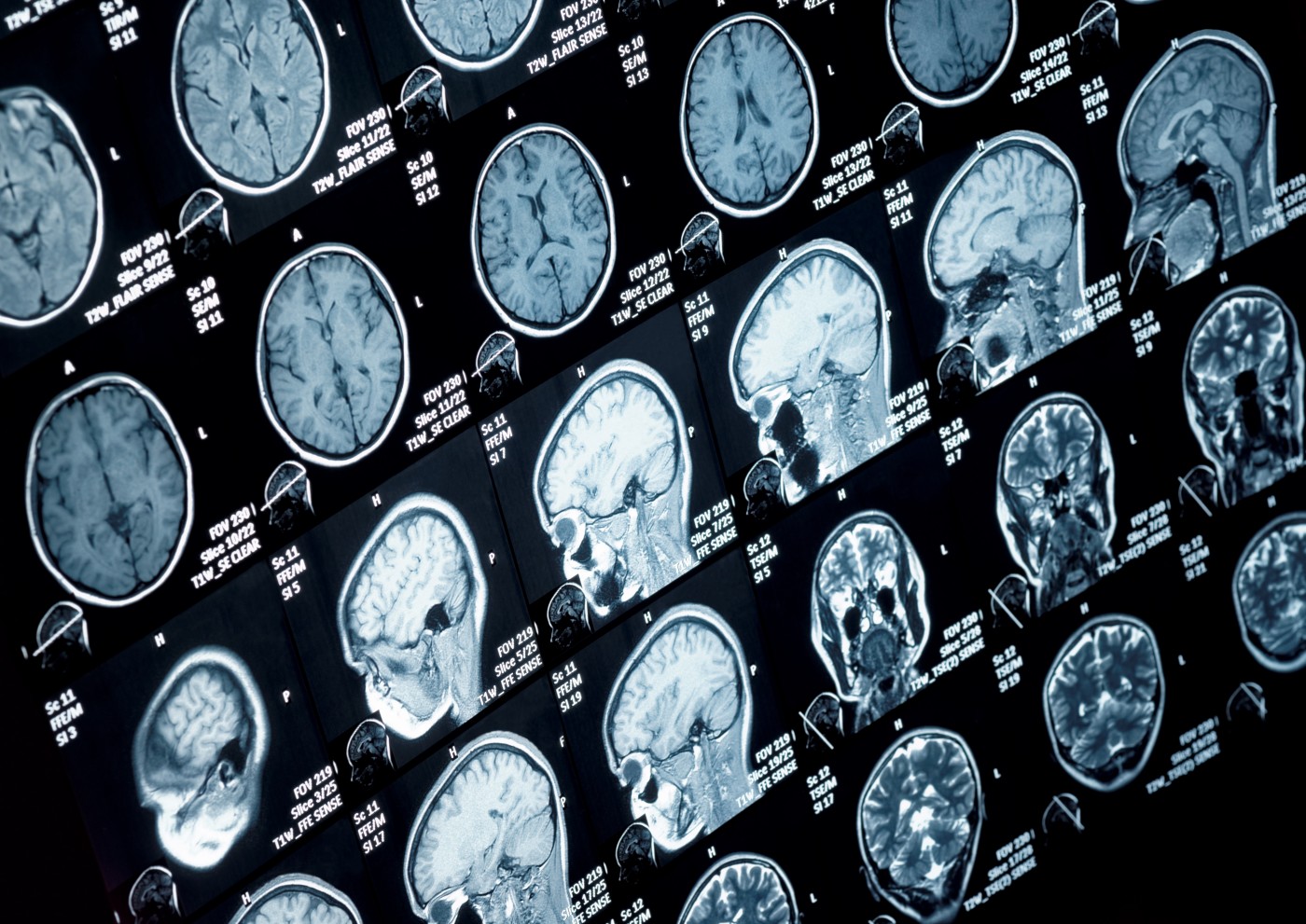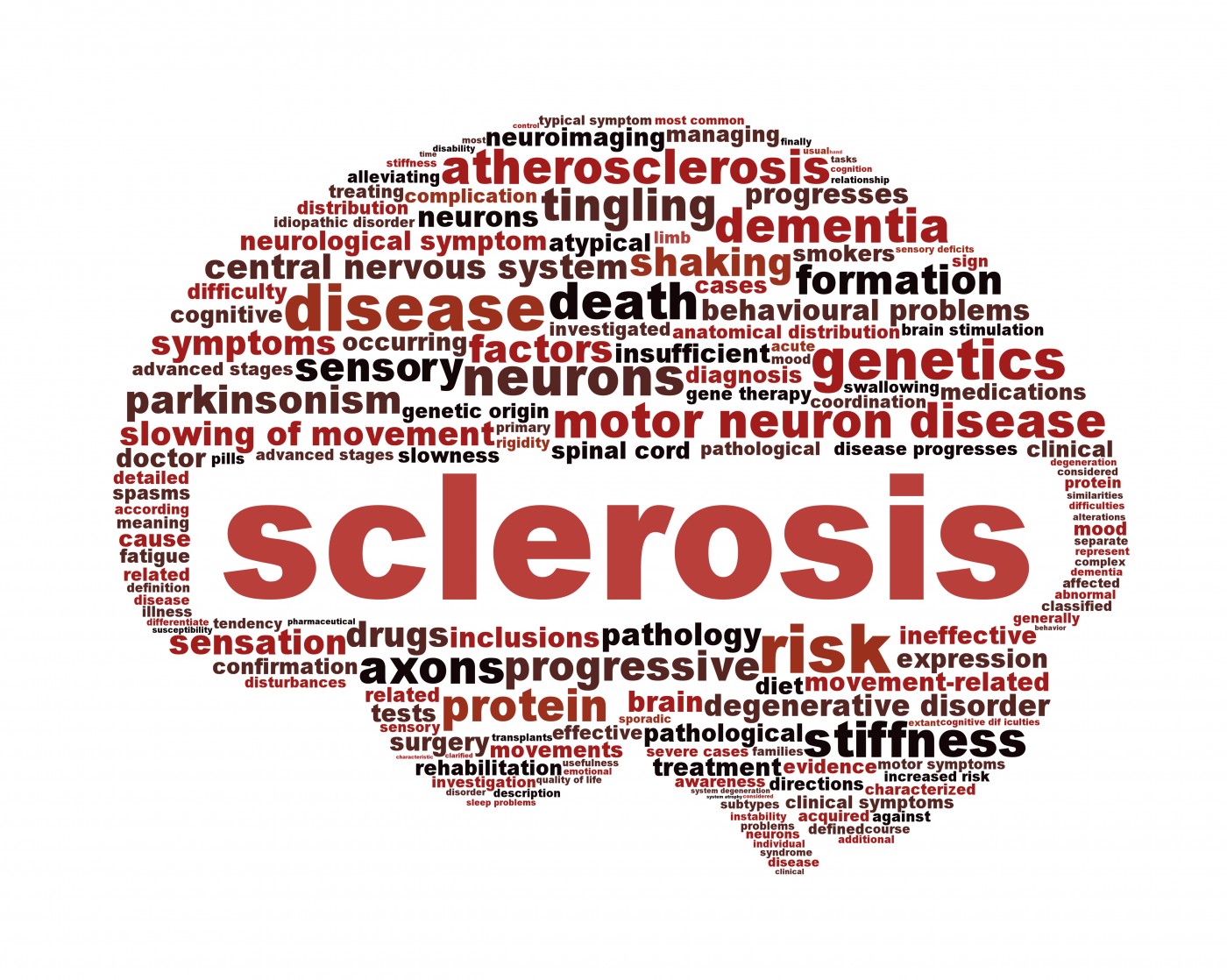New Clinical Study On Attention and Memory In People With MS
Written by |

 A major trial to investigate different ways to deal with attention and memory problems in multiple sclerosis (MS) patients will take place at Nottingham in the United Kingdom. The Cognitive Rehabilitation for Attention and Memory in people with Multiple Sclerosis (CRAMMS) study will focus on these MS related symptoms and will begin patient enrollment in April.
A major trial to investigate different ways to deal with attention and memory problems in multiple sclerosis (MS) patients will take place at Nottingham in the United Kingdom. The Cognitive Rehabilitation for Attention and Memory in people with Multiple Sclerosis (CRAMMS) study will focus on these MS related symptoms and will begin patient enrollment in April.
The research team led by Nadina Lincoln, a professor of Clinical Psychology in the Division of Rehabilitation and Aging at The University of Nottingham, and Roshan das Nairthe, consultant clinical psychologist at Nottingham University Hospitals NHS Trust and associate professor at the University’s Division of Rehabilitation and Aging, will investigate new therapeutic approaches to better understand their effectiveness to improve both attention and memory in people with MS.
“The purpose of our research is to help people with multiple sclerosis boost their everyday memory so they can get on with their lives and do the things that people take for granted, for example remembering to pick their children up from school, turning the stove off, or knowing where they have put things,” explained Dr. Lincoln in a press release. “It will also provide them with strategies to enable them to concentrate on information without getting distracted.”
[adrotate group=”4″]
Attention and memory impairment are typical symptoms in MS patients, with approximately 50% of patients suffering from these conditions. CRAMMS, a project financed by the National Institute for Health Research (NIHR) Health Technology Assessment (HTA) programme, will include 400 participants between the ages of 16 and 69 years old registered at NHS hospitals, rehabilitation centres, multiple sclerosis charities and web forums.
Despite the fact that cognitive rehabilitation has been shown to be useful to improving attention and reducing memory problems, there are many MS patients that do not seek help. Furthermore, very few clinical studies demonstrate the effectiveness or cost-effectiveness of cognitive rehabilitation in MS patients.
CRAMMS wants to provide evidence on the benefits of internal memory aids, including mnemonics and external aids like diaries, mobile phones and cameras. If the study’s results validate the benefits of cognitive rehabilitation, the team intends to conduct further research to alter current NHS clinical practices. The researchers believe that studies such as these can complement MS drug development and help people struggling with MS to manage the symptoms that directly impact their quality of life and productivity.


